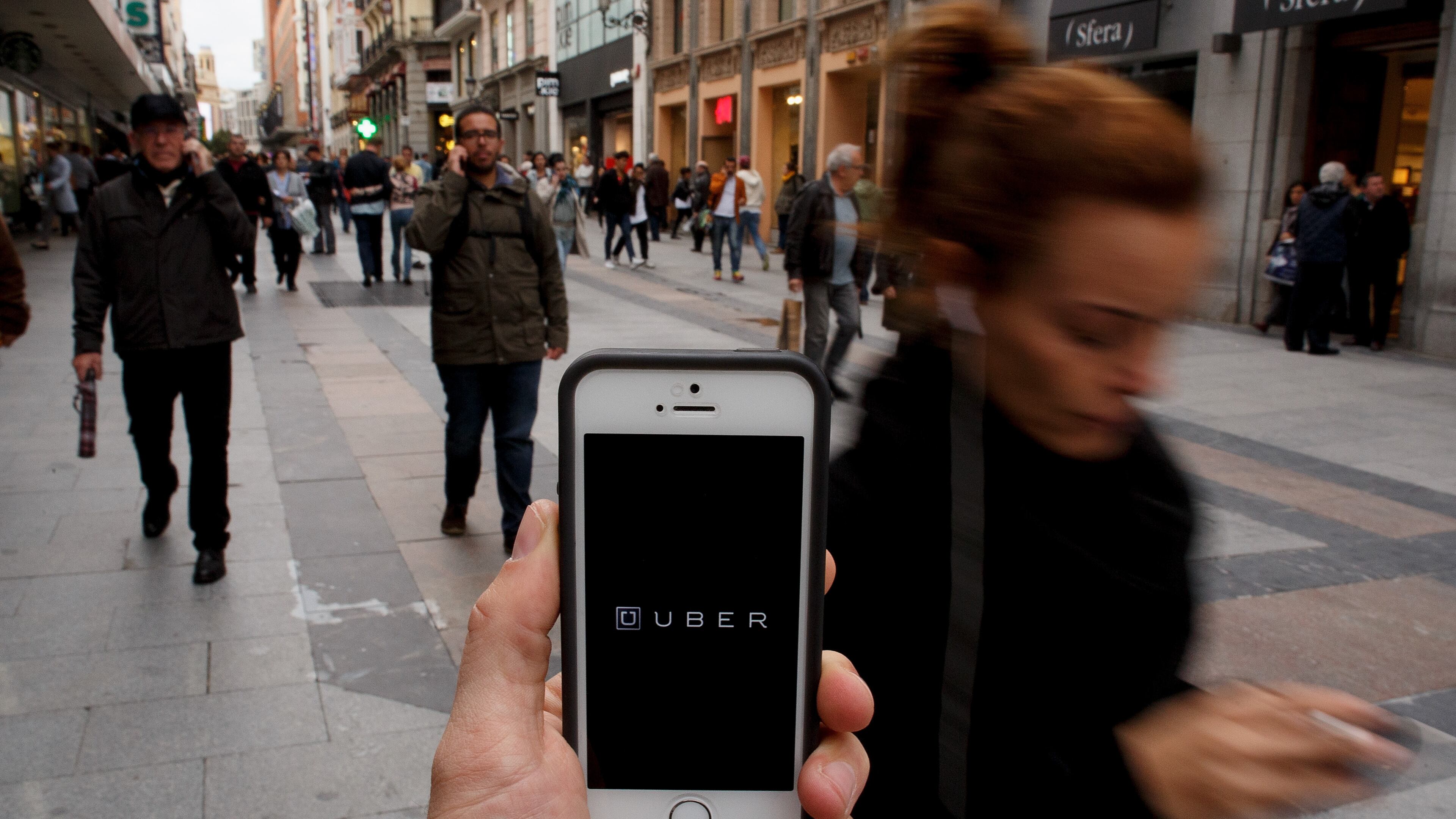Uber says it does not allow tips because of racial bias

An ongoing debate in rideshare service Uber is whether or not to tip drivers.
A news report shows that Uber is continuing its stance against tipping.
According to its website, the app does not require tipping, unlike its rideshare rival Lyft.
The related answer on the site says a tip is "not expected or required -- there's no need to tip."
The Boston Globe reported that Uber's reasoning for this is because of what makes tipping inherently unfair: unconscious racial biases.
Fresh off agreeing to pay up to $100 million to settle a class-action lawsuit in which drivers alleged getting paid unfair wages, Uber will further clarify that tips are not part of the fare paid by app users.
The settlement also means drivers are able to ask for tips without fear of being fired, but some drivers still express concern over asking customers who did not tip Uber drivers before to start.
An Uber spokesman speaking to The Boston Globe referenced a 2008 Cornell University study that showed "consumers of both races discriminate against black service providers by tipping them less than white service providers" in analysis of tipping patterns in restaurants.
The spokesman also pointed to a Bloomberg report that said fares ending in digits 0 or 5 have a smaller than average tip than similar fares, among other seemingly arbitrary factors affecting tip amounts.
The spokesman told The Boston Globe that introducing tipping would lead to customers relying on those racial biases, leading to disproportionate payments among drivers.
"Race has nothing to do with it," said Keisha Seaton, a black woman who drives for Uber and Lyft. "It's all about the service you provide, and if you provide top-notch, five-star service, you expect to be compensated as such."
"If I was 24, I think I might get a whole lot more -- me, young and cute at 24," said Connie Hirsch, 57, who drives for Lyft and Uber.
Michael Sturman, a co-author of the 2008 Cornell study, said multiple studies similar to his own dispute those frustrations and instead continue to show that tips are tied to race, attractiveness and gender more than how well the job is done.
"The problem is that you don’t have any control over whether violations of (anti-discrimination laws) are occurring," Sturman said. "So there’s a lot of discomfort for companies to say they’re going to use a pay system that we know depends on race and gender, which is illegal."

